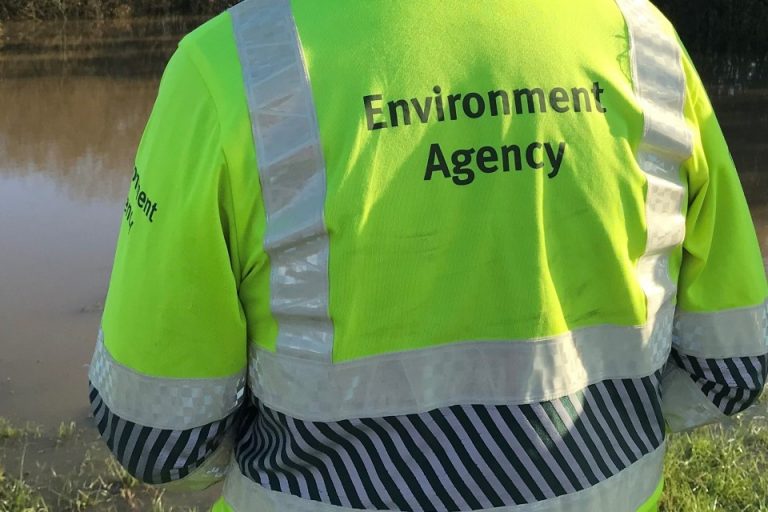Yorkshire business confidence sees July dip
Greater Lincolnshire receives £600,000 funding for solar initiatives
Greater Lincolnshire is set to receive over £600,000 to fund solar panel projects across the region. The funding will support the installation of solar panels on public sector buildings in North Lincolnshire, North East Lincolnshire, and Lincolnshire County Council areas.
Originally, the proposed projects included solar panels paired with battery energy storage systems (BESS) for sites such as the Ancholme Leisure Centre in Brigg and the Doughty Road depot in Grimsby. However, following amendments during a business and infrastructure board meeting of the Greater Lincolnshire Combined County Authority (GLCCA), the battery storage element was removed from the funding application. The decision has prompted a pause as the GLCCA reassesses the project’s costings with the government.
The £602,000 allocated from the Mayoral Renewables Fund and Great British Energy is intended for solar panel installations on public buildings, aimed at reducing energy costs. The board also expressed a preference for sourcing solar panels from UK-based manufacturers and local installers, with ethical sourcing as a key consideration if local options are unavailable.
Discussions are ongoing between the GLCCA and the government regarding the revised design, costings, and timeline of the projects.
£4.1m boost for new social rent homes at Sheffield development
Sheffield Wednesday issued with prohibition notice
Sheffield City Council has issued a prohibition notice for the North Stand at Sheffield Wednesday’s Hillsborough Stadium.
It follows a meeting of the Safety Advisory Group on 18th July and subsequent discussions with the club. A prohibition notice is a formal document issued to a club by a local authority to prevent spectators entering a football ground or specific stand until the specified work to resolve the issue has been completed to the satisfaction of the local authority. Assurances around the structural integrity of the North Stand have not been provided by Sheffield Wednesday Football Club, according to the Council, and as the body responsible for the safety of sports grounds and all spectators, the Council has been forced to make this decision to not allow spectators into the North Stand. The Council would need the necessary professional assurances that the ground is safe before the prohibition notice would be lifted. Councillor Joe Otten, chair of the Environmental Services and Regulation Policy Committee at Sheffield City Council, said: “It is our role to ensure the safety of all sports grounds for all spectators. We have been working with Sheffield Wednesday Football Club for some time, through the Safety Advisory Group which we chair, to seek reassurance that the North Stand is structurally compliant. “Because we haven’t been given that professional reassurance, we are regrettably in a position where we must issue a notice prohibiting spectators in the North Stand until we can be absolutely assured that the required work has been undertaken to the satisfaction of the council as certifying authority. We have done this immediately, following an assessment by engineering specialists who can no longer confirm that the North Stand is safe for spectator use. “We recognise that this is a very difficult situation, and we will continue working closely with the club and provide support and guidance where we can. We as much as anyone want to see the fans enjoying football at Sheffield Wednesday next season.”Coastal businesses face challenges as visitor numbers drop
Coastal businesses in Skegness and Mablethorpe are experiencing a significant decline in visitor numbers compared to last year. Economic uncertainty is leading many families to reduce or cancel holiday plans, impacting businesses that rely heavily on tourism.
Councillor Courtney Robinson, representing Mablethorpe, highlighted the struggles faced by local businesses. Many regular visitors are cutting down their trips, with some making just one visit per year instead of several. This has left businesses depending on the summer holiday period for survival. Coastal communities, already economically disadvantaged, are particularly vulnerable when tourism drops.
Mary Powell, the council’s tourism manager, noted that all seaside resorts are facing similar downturns. She explained that when finances are tight, holidays are often the first expense families cut, leading to shorter stays and last-minute bookings that are harder for businesses to manage. The council is ramping up efforts to promote the coast during the summer and autumn months, though the current national mood presents additional challenges.
There is also a push to attract a younger demographic to coastal areas, traditionally favoured by older generations. Local leaders believe that re-engaging with younger visitors could be crucial in sustaining the local tourism economy, which contributes £3bn annually to Lincolnshire’s economy, though still below pre-pandemic levels.
Humber Freeport appoints new chair
Pontefract’s Number 1 Letting acquired by Dwelly
Rathlin Energy’s West Newton permit variation consultation opens
The Environment Agency has launched a consultation on the draft decision to approve a permit variation for Rathlin Energy UK Ltd’s West Newton site in East Yorkshire. This follows the company’s request to amend its existing environmental permit for the West Newton A well site at Fosham Road in High Fosham.
Since 2013, Rathlin Energy has been drilling at the site. The application includes a request to perform well stimulation, a process aimed at improving oil and gas flow from the WNA-2 well. The proposed changes also involve adjustments to surface water discharge and the crude oil storage facility location. Additionally, the company is seeking approval for a ‘mining waste facility’ due to the extractive waste generated by the stimulation process.
This consultation follows a prior one held late last year. After reviewing the previous feedback, the Environment Agency has found no reason to refuse the application at this stage but is inviting further comments before making a final decision. The consultation will remain open until September 9, 2025.
Operators in the mining and extractive industries are required to hold environmental permits, which outline the conditions under which they must operate to mitigate risks to both people and the environment. Permits are only granted if all legal requirements are met, including ensuring no harmful environmental impact or risks to human health.
Comments can be submitted via the Environment Agency’s consultation platform or by email. Those unable to access the platform online can reach the agency by phone for assistance.












